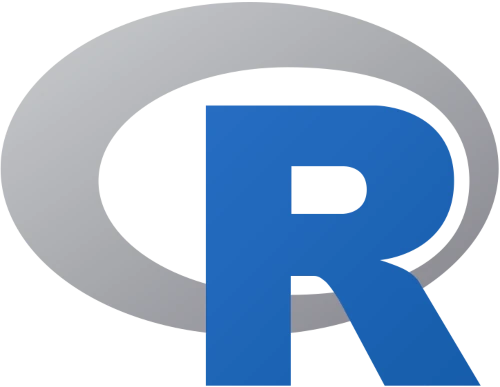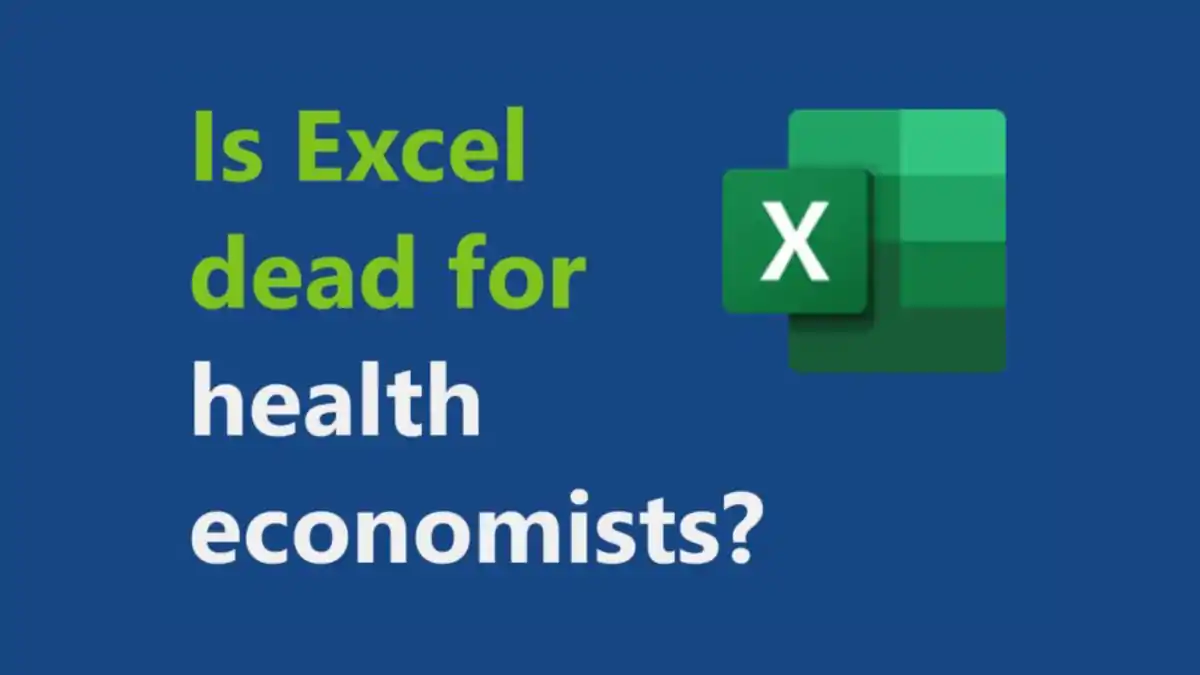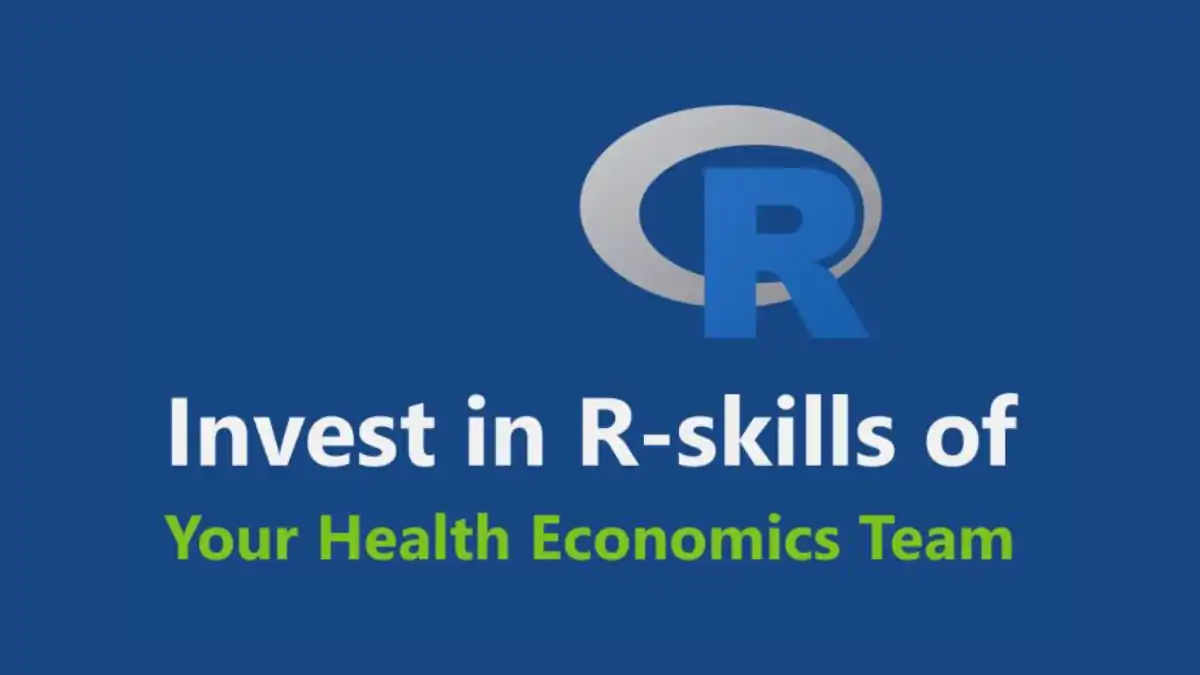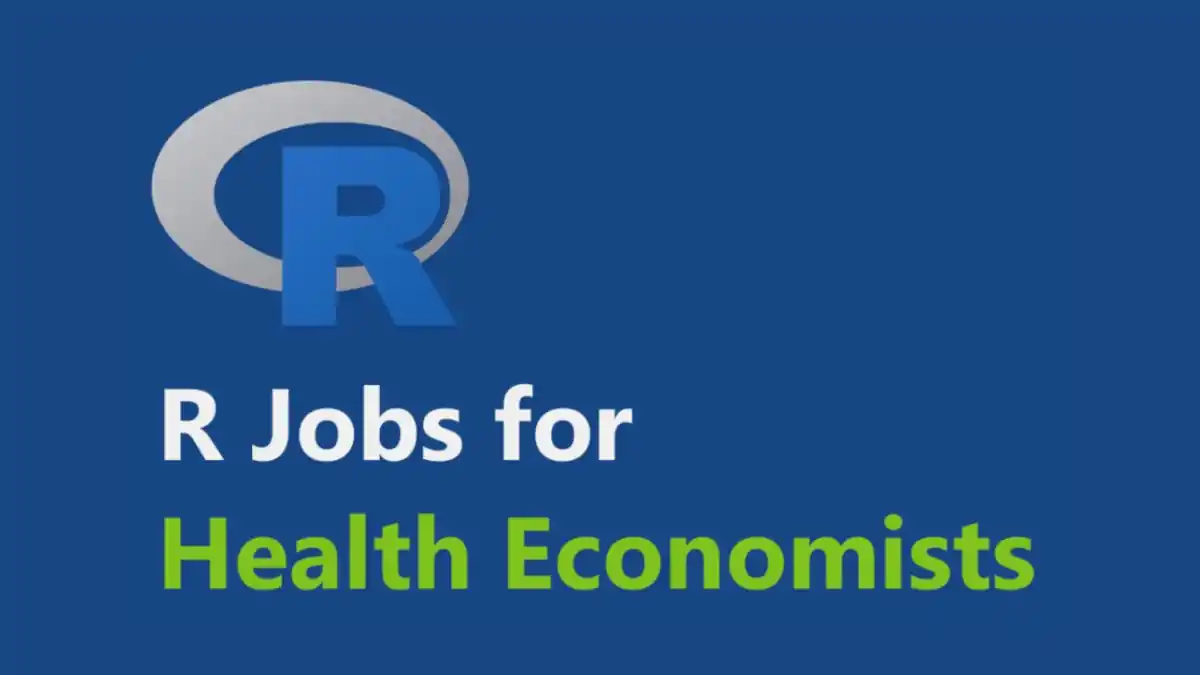We reviewed the 100 health economics jobs on EuropeanHealthEconomics.com. It’s clear that R is becoming increasingly important for health economists. R skills were required in 15% of the health economics job openings, and it seems that this percentage is increasing.
Although R might not replace Excel VBA, the software landscape for modelling in health economics is certainly evolving.
So, if you thought that R is a niche and not-so-important open-source alternative, these developments should make you reconsider your opinion.
Learning R will improve your career prospects as a health economist. Having R skills on your CV will make you stand out from the crowd, as the vast majority of health economists are not proficient in R.
What is interesting is the variety of roles requiring R skills—ranging from analysts to director-level positions. These opportunities are available across both pharmaceutical companies and life sciences consulting firms.
We’ve created a new page for Health Economics Roles that Require R Skills.
Resources for Learning R
If you’re interested in improving your career prospects as a health economist by learning R, here are some excellent resources to get you started:
- R Courses for Health Economists
- The best seller: R Programming A-Z™: R for Data Science with Real Exercises
with over 270,000 students and a 4.6-star rating. - Other more general: Highly-rated Online R Courses








